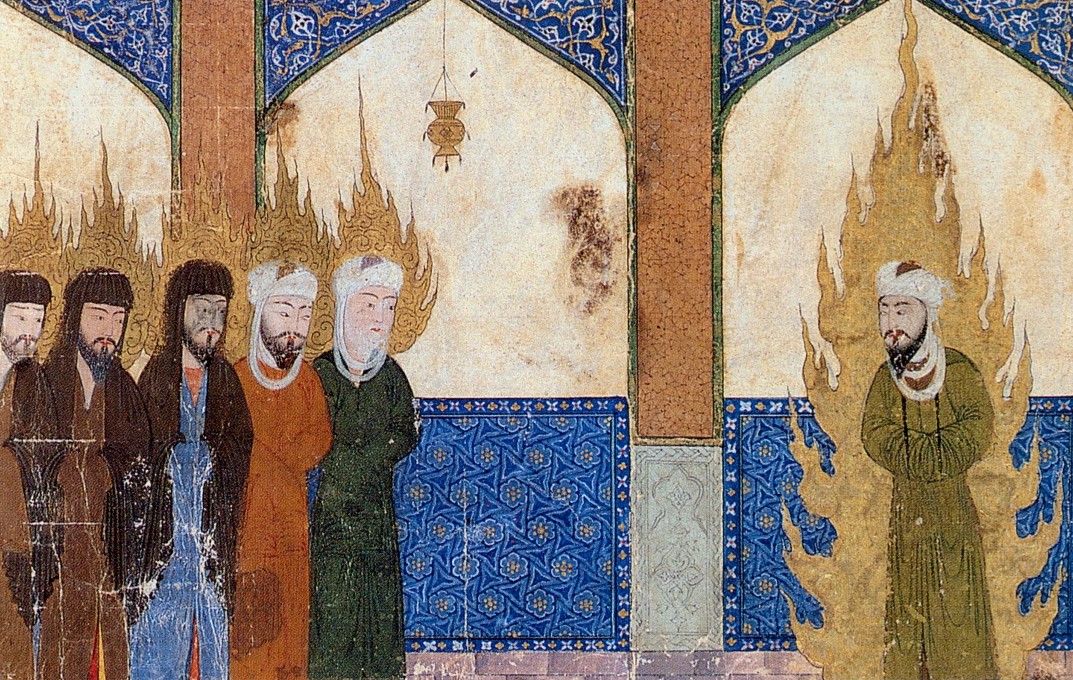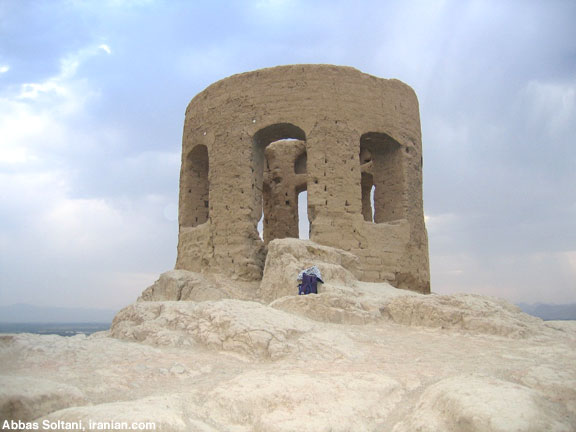Myths, Legends, and How They Shape History
George Worthington (1920)
Much like Osman's Dream or King Arthur, Naveed Qeshmi cuts a historical narrative that allowed for the foundations of a nation to be built upon. For the Zoroastrians of Zanj he is a figure that provides a historical and inter-social connection throughout the entire region. The myth of his figure is still used in modern times where Naveed Qeshmi has progressed from founding father to local god to literary icon. He is cited in hundreds of sources for thousands of feats fitting the occasions that he was invoked to provoke a moral lesson or historical reasoning.
Obviously enough his usage by the Zoroastrians of Zanj and the Kingdom of Zanzibar was for that of a political fore bearer to lay claim to rule over the large swath of territory along the eastern coast of Africa. Historically though historians can really only guess at his existence of not. Of course the first rulers of Zanzibar had to have had a grandfather to exists, but how much of his life was embellished by the Kingdom for legendary security and the common people for amusement.
Given the form of his name 'Qeshmi' we can conclude that he was a native to the island of Qeshm not far from from Hormuz. The "Book of the Lineage", a late 10th century novel that much like the "Romance of the Three Kingdoms" adds on large amounts of folklore to be passed off as a accurate historical account, was commissioned by the royal family to record the past deeds of the royal family. The book concludes the same that Naveed was from the island of Qeshm where he was born on the beach when the tide was coming in and he and his mother almost died if not for the intervention of Ahura Mazda. This is noteworthy in that it invests in his legend, and by extension his family, were blessed by their god. The book goes on to include numerous, flavorful tales of his life, but as historians all this can be dismissed. The most likely conclusion we can come to is that Naveed much like the majority of the island's population was born into a family that was involved with the main industries of the island- fishing, ship construction, and trade.
How he managed to find a home on Zanzibar is also a question that must be analyzed through a historical lens. Arab and Persian involvement in the Zanj Coast had by the time of the 6th century been going on for several hundred years, at least beginning in the 1st century. Here Arab, Persian, and Indian traders used monsoon winds to sweep their ships into the region and trade for local products such as ivory. There is historical evidence of small numbers of settlements made in this area, but the most likely presence was through merchants that decided to stay in the area and who knows how many bastards and half breeds born of sailors and local women. The "Book of Lineage" states that Naveed was accused of murder and theft which lead to his escape to the Zanj Coast. Which given its location it would be the perfect hiding spot for someone running away from rivals.
How he came to the area is also truly unknown. Some historians go as far as to say he was simply a sailor with no money to his name, while others argue that he at least came as a small time merchant prince with a few ships under his command. By whatever means over the years he sailed the region, Arabia, India, and home to Persia and by 540 at least had become well known and wealthy. Possibly through his silver tongue as reflected in the "Book of Lineage" as eventually he was pardoned for his accused crimes and he returned to Persia encouraging trade to the Zanj coast.
By his supposed death in 567 his son, Babar Shirazi, had taken over his father's holdings and was noted by several historical sources as encouraging the buying and building of settlements in the area. He was also known for his very fiery faith.

